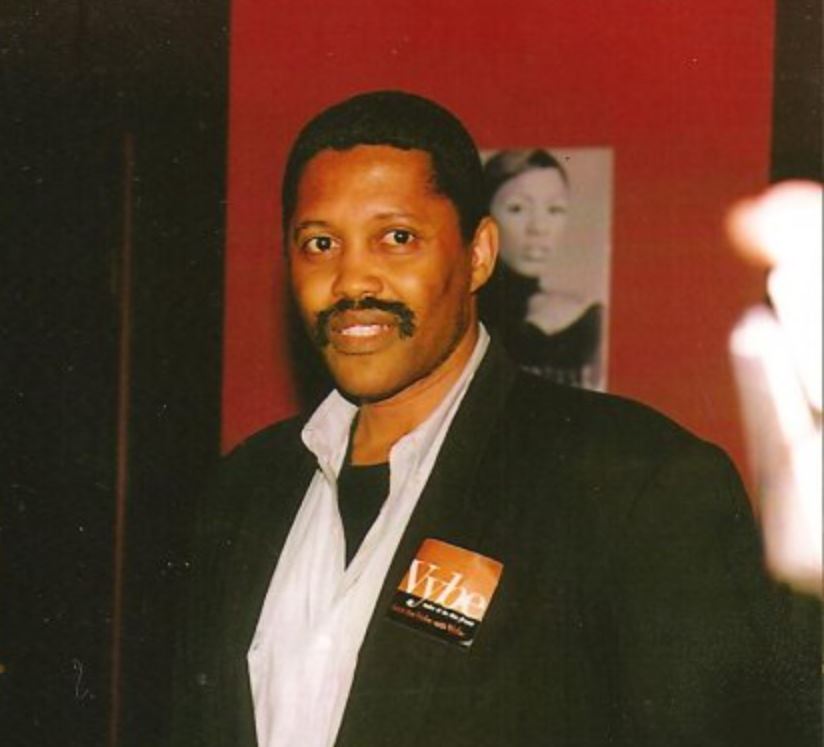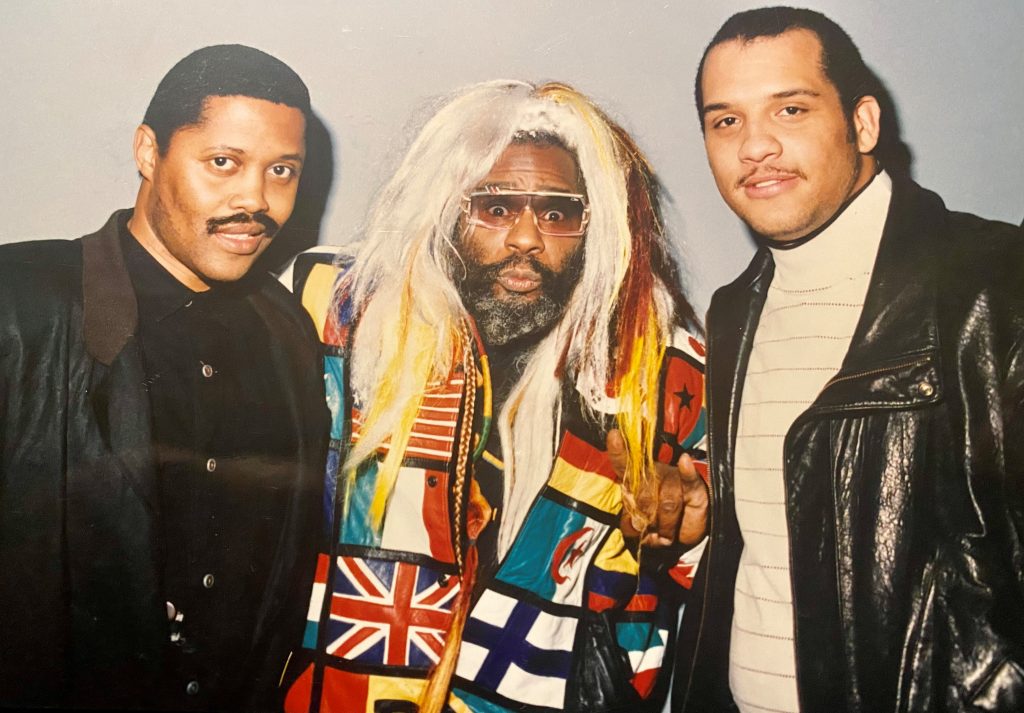
Willie Hunter
Atlanta’s Willie Hunter, a man for all seasons remembered
by Christopher Weems
Willie Hunter was a relatively quiet man. He usually spoke in a calm, steady tone—rarely, if ever raising his voice. He didn’t try to make himself the center of attention. But he had a knack of being… around when you really needed him.
One might not be able to tell from his comportment and demeanor, but Willie was an ENTERTAINER.
“Entertainer: An entertainer is a person whose job or goal is to perform for the amusement of others.”
No, he did not get on stages and sing and dance—but he was, by definition, an entertainer. How so? Willie made it his life’s work to make sure that others were entertained. His work ENABLED singers, rappers, etc., to be seen and heard. Without him, many talented artists would not have been seen and heard as widely as they were. Without Willie, a great deal of entertainment would not have occurred.
The Grammy Awards of the National Academy of Recording Arts & Sciences are meant to “recognize spectacular work in the music industry.” Note that is says “spectacular WORK,” not “spectacular singing, rapping, and instrument playing.”
Willie has a Emmy.
His musical variety show from the early-to-mid 1970s won against competition such as Don Cornelius’ “Soul Train” with and James Brown’s “Future Shock” television show.
Not only did Willie help artists to be seen, he also, perhaps more importantly, helped them to be paid.
Willie worked extensively in the field of music publishing. Music publishing is the business of promotion and monetization of musical compositions: music publishers ensure that songwriters receive royalties for their compositions, and also work to generate opportunities for those compositions to be performed and reproduced.
Particularly from the 1990s to the end of his life, Willie worked with a myriad of artists—often young artists and producers in Atlanta and the South’s booming hip-hop scene—to properly handle their publishing.
Despite being decades older than some of the artists he worked with, Willie engendered strong respect, admiration, and often friendship from his young partners.

and Georgia Sentinel Publisher Andre R. White
It was not uncommon to see youthful individuals or groups “hanging out” at performances or clubs with Willie. Them in their “urban” attire, and Willie in his customary blazers and dress shirts.
The respect was mutual. Willie once spoke in general of his publishing partners, who existed in and promulgated a culture that was often viewed by the “larger society” as cutthroat, violent, and antisocial.
“I love working with these young men,” Willie said to this writer. “They are VERY respectful, they always try to pay on time, and they work hard.”
Willie Hunter had more than just “business associates.” He made friends—with everyone he met.
“That can rarely be said for somebody 72, years old. His contacts ran deep and over a long period of time, and they were not bound by political affiliation or age,” said longtime business partner and friend Andre R. White, publisher of The Georgia Sentinel.
Space and time does not permit a full listing of the notable artists Willie partnered with—directly or indirectly through his producer partners. Such a list would be a “Who’s Who” of performers and producers from the last few decades of music in Atlanta and the South.
Just to name a few: Kilo Ali, Future, Mike Will Made It, Will-A-Fool, Rich Kidz, the late Shawty Lo, DJ Sixx, Drake, Young Thug, the late Young Dolph, the late Juice WRLD, and 2Chainz.
The love and respect from those he worked with was evidenced by their words upon his passing.
“I don’t think anyone can continue this man’s work,” said entertainment agent and event planner Libby Anthony. “He REALLY CARED about entertainment and covered it with professionalism, accuracy, gentility and genuine love.”
Recording artist G4 Marley spoke plainly from the heart: “[That] man gave me so much game coming up in dis music sh*t.”
Controlis Price, Owner and CEO at I’m 2 Digital Magazine and Owner and CEO at Fi Em Up Production LLC, called Mr. Hunter “My mentor of all these years with my music.” He added “You was a blessing thank you for all your kindness & wisdom.”
National Black Radio Hall of Fame founder Marsha Washington George praised him as “simply the best,” and his work as “always dependable.”
The Georgia Sentinel could always depend on Willie. And, the “game” he shared in his regular entertainment column, which he wrote for many years, was exceeded by the wisdom and foresight he shared with the newspaper.
Publisher Andre R. White went as far as to say “in the way that we know the Sentinel, there would not be a Sentinel if it wasn’t for Willie. I would not have gotten to meet half the people I met in Atlanta’s entertainment and politics circles if not for Willie. ”
When The Georgia Sentinel began operations in Atlanta in 1989, there already were multiple newspapers targeting the city’s African-American community in circulation. The “by the book” business decision would be to not even try to start another in such a competitive market. However, Willie Hunter saw and kept reiterating to the White family that there was an available, and necessary point of difference: entertainment coverage.
Andre White had previous met Willie Hunter through industry executive J.R. Dino of College Park-based Million Dollar Record Pool. Over the years and decades to come. Mr. Hunter’s extensive list of contacts and ability to “open doors” would be invaluable to The Sentinel.
White spoke almost in awe of Mr. Hunter: “To the day he died, he was still educating, nurturing and advising, in a significant way, with people of consequence in this industry.”
The music industry—particularly in Atlanta—would be vastly different if not for the nurturing and advice of Mr. Willie W. Hunter. Now, his many “students” who benefitted from his “game” must continue to move forward, build… and entertain… without him.







